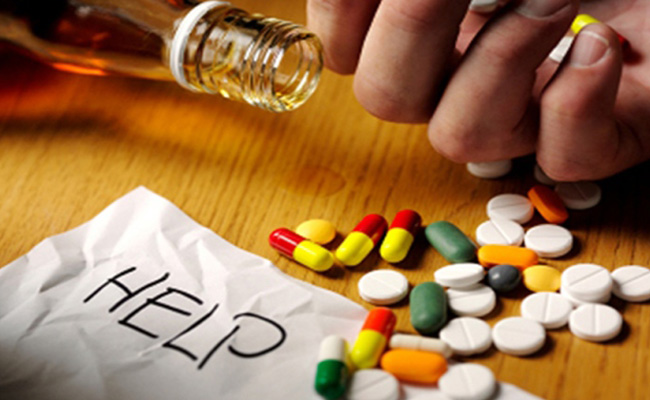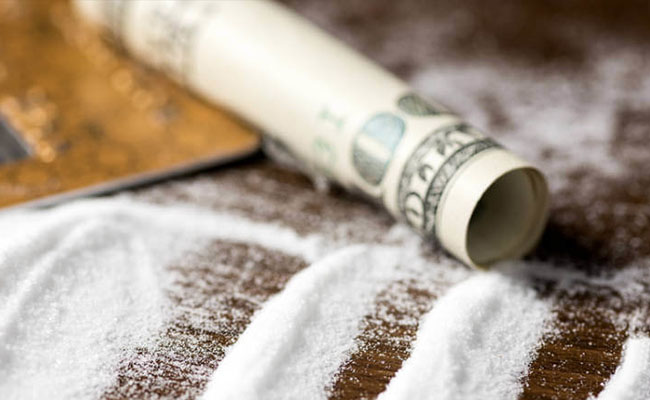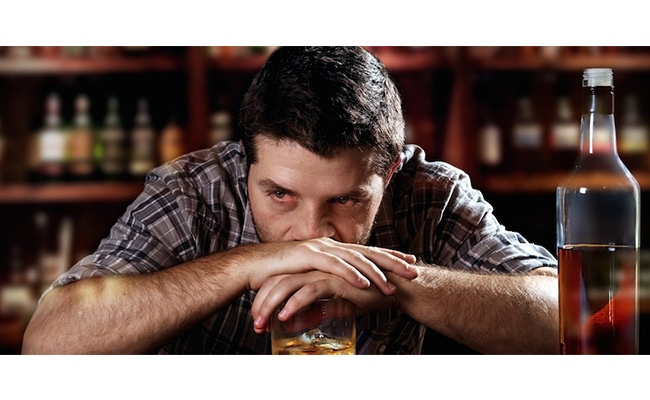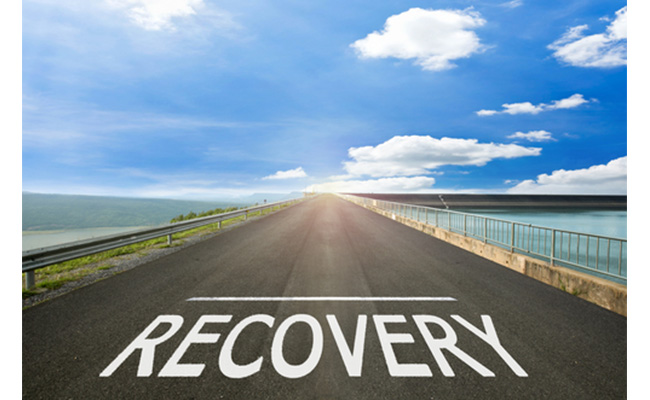As an addictions therapist, one of the many factors I see in Clients, which contributes to their addictive behaviour, is the lack of connection between mind, body and soul.
The first deep feeling which arises within, is the one which tells you the truth about who you are and what you need.
If you choose to ignore it – then as an addict, you have the potential of this, sometimes fleeting and many times, passing trigger, generate the urge to drink or use. Without you even being consciously aware of what has just gone on for you.
In the first instance you’ve overlooked yourself. Not listened or taken on board what your body has just expressed about it.
This is where positivity at times can trip us up. Who wants to feel something bad? When we can turn it into something good. An initial sense of ourselves can be quickly overlooked. We are a fantastic piece of machinery. Which can change a feeling or emotion on a whisp of a strand of hair or hold onto it for all eternity. Letting it erode who we are and eat into our lives completely.
Getting to know what trips you up, means you need to be mindful of what you are creating and why. You need to learn and understand your background – to empower yourself, create change and assess your needs. This will then be the blueprint, which will enable you to develop the skills, to support yourself and tell those supportive others about what you need, as you step into recovery and walk the path to continued and complete sobriety.
As a facility we work within a CBT framework.
This is an incredibly important tool, which enables a Client to learn to develop the art of self-regulation.
Self-regulation means: you can utilise the CBT framework, as taught within our program, to help you listen too, understand, take note of and work through, what this very first and incredibly important part of you – is letting you know.
It’s about getting to know yourself, then taking time to understand yourself and building the self-regulation which aids you to appropriately and resiliently deal with any situation. Which may be stressful or even happy. It helps you maintain equilibrium and thus ensure you don’t spiral downwards.
Getting to know that first feeling and then being able to express it, if not to a trusted other, then within yourself. Will enable you to gain insight into what trips you up.
So with a little bit of foresight and a whole bucketful of hindsight, you can develop the emotional and cognitive muscles, which will help you again and again be significantly stronger within.
At the start it won’t be easy.
I always use the analogy of learning to drive.
In the UK we drive stick shifts, so as a learner driver is getting used to the clutch, accelerator and brake. He also needs to be aware of what gear he is in. How he uses those gears, whilst steering the car, to ensure a competent and fuel saving drive.
It is all these factors as they come together, which helps a learner driver begin to build confidence and develop the skills until they are test ready.
I know I spent many driving lessons bunny hopping as we began, mortified by my ineptitude and lack of ability – an emotional expression only really suitable, if I’d being doing it for years straight off.
That was what I paid my Instructor for. They sat beside me and talked me through both positives and negatives. Building a constructive pathway in my learning, which would enable me to eventually sit behind the wheel alone and drive myself where I needed to go. They picked me up when I felt low at the time it was taking and how I forgot things from week to week and kept me steady, when I became over excited about my developing ability.
Think of the Counselors here at DARA like those driving instructors.
We are working with you, to ensure you recognise and adapt the behaviours, thinking and feelings, which can trip you up at times. Sometimes the lessons are easy and at other times they’re much harder. Some skills are picked up first time, others need to be hammered home before they even begin to sink in.
Each one of us is different.
Each one of us needs to find their own way through the schedule but the one thing which is consistent across the whole of the program and within the facility, is this. “We believe in you.”
Writer
Janice Stringer
Dip. Couns. MBACP
CLICK HERE to get a Free Confidential Addiction Rehabilitation Assessment.














